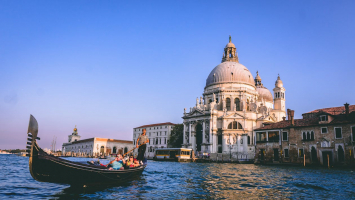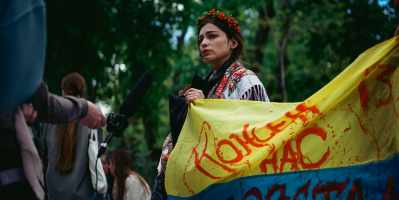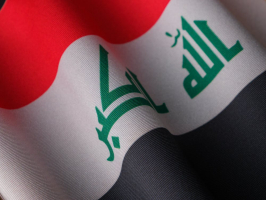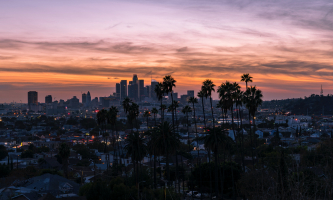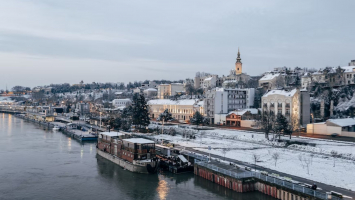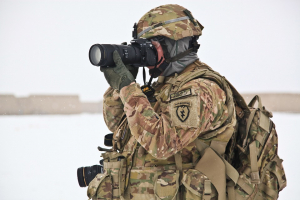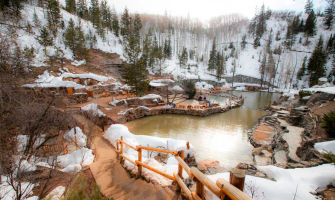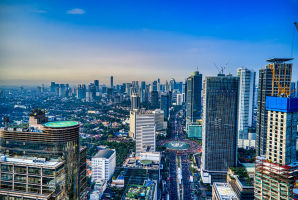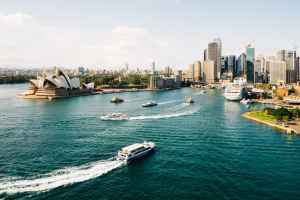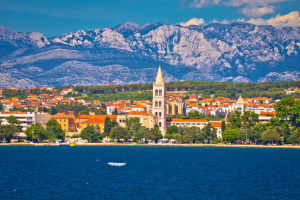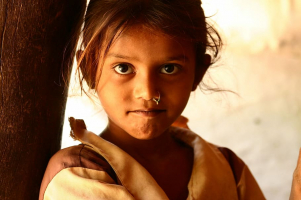Top 5 Reasons Why Belarus is Constantly Attacking Europe
Belarus has been making headlines recently for its aggressive actions towards Europe. The country, led by authoritarian president Alexander Lukashenko, has ... read more...been accused of a range of provocative and dangerous behaviors. From weaponizing migration to cracking down on political opposition, Belarus seems to be increasingly at odds with the European Union (EU). In this article, Toplist will find out reasons why Belarus is constantly attacking Europe.
-
The refugee crisis on the Belarus-Poland border is a complex and evolving situation. Essentially, the Belarusian government has been accused of facilitating the movement of migrants and refugees from the Middle East and elsewhere into Belarus and then encouraging them to try to enter the European Union (EU) via the border with Poland.
The Polish government has accused Belarus of orchestrating this crisis as a form of political retaliation for EU sanctions against Belarus over its human rights abuses and suppression of political opposition. There are reports of migrants being brought to the border by bus and then pushed across by Belarusian border guards.
As a result, there are now thousands of migrants and refugees stuck in freezing temperatures on the border between Poland and Belarus, with both countries refusing to let them in. This has created a humanitarian crisis, as many of the people are living in squalid conditions without adequate shelter, food, or medical care.
The situation is further complicated by geopolitical tensions between the EU and Russia, which supports the Belarusian government. The crisis has also raised questions about the efficacy of EU migration policies and the need for a more coordinated and humane approach to refugee resettlement.
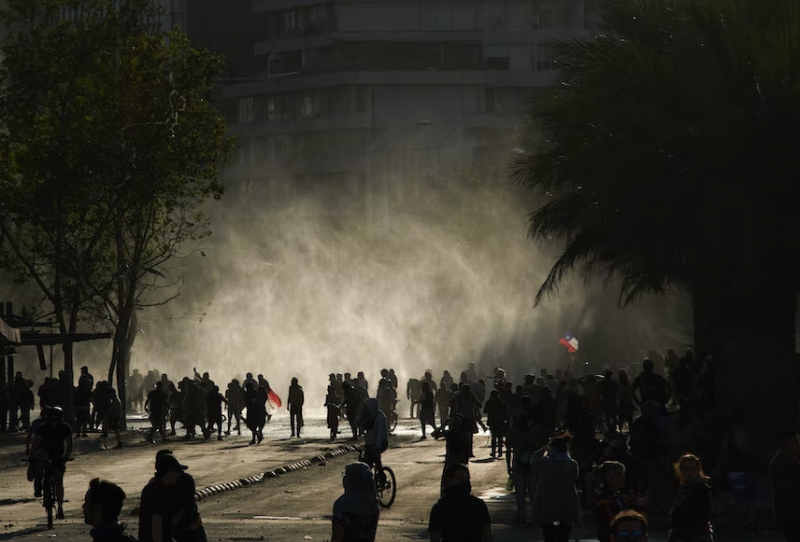
Photo by Ignacio Amenábar on Unsplash 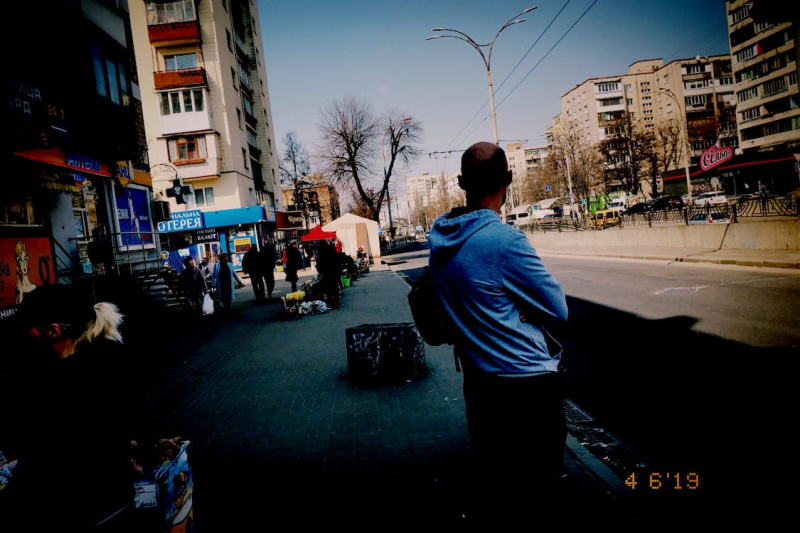
Photo by Vitaliy Izonin on Pexels -
Lukashenko has been in power since 1994 and has been accused of authoritarianism, human rights violations, and suppressing opposition voices. He has also been accused of manipulating elections and using violence against protesters. In the context of the current crisis, Lukashenko has been accused of using migrants as a political weapon against the European Union in response to its sanctions against his regime. The Belarusian government has been accused of facilitating the entry of migrants, many of whom are from the Middle East, into Belarus from Russia, and then directing them toward the EU border.
In addition, Lukashenko's government has been criticized for its poor response to the COVID-19 pandemic. Initially, Lukashenko dismissed the threat of the virus, calling it a "psychosis" and recommending vodka and saunas as a cure. He also refused to impose a lockdown and held large public events, including a military parade, despite warnings from health officials.
The crisis has also been exacerbated by Lukashenko's hostile rhetoric towards the EU and his willingness to use migrants as a bargaining chip. This has put significant pressure on Poland and other EU countries to find a solution to the crisis, while also trying to maintain the integrity of the EU's external borders.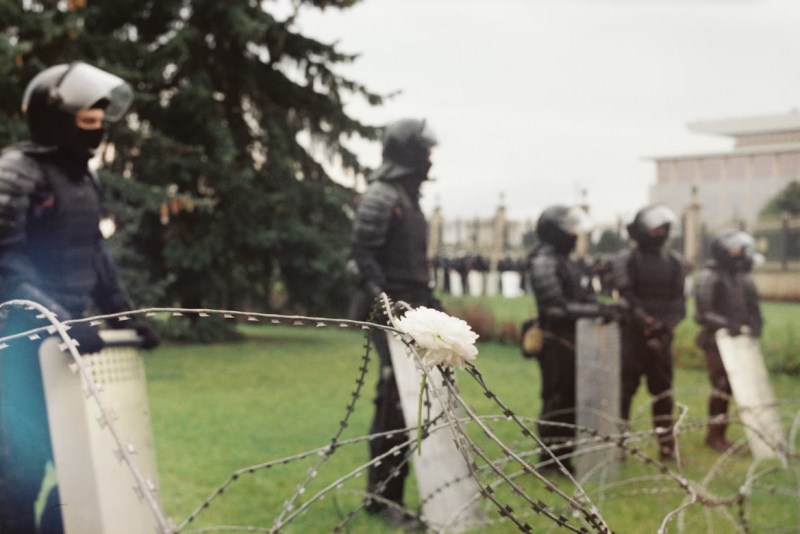
Photo by Andrew Keymaster on Unsplash 
Photo by Steven Cornfield on Unsplash -
Since the disputed presidential election in August 2020, in which Lukashenko claimed to have won with 80% of the vote, there have been widespread protests and civil unrest in Belarus. The opposition candidate, Svetlana Tikhanovskaya, who claimed to have won the election, was forced to flee the country and seek asylum in neighboring Lithuania.
The Belarusian authorities have cracked down hard on the opposition, arresting thousands of protesters, political activists, and journalists, many of whom have been subjected to torture and mistreatment in detention. The government has also banned opposition parties, closed down independent media outlets, and restricted internet access to suppress dissent.
The international community has condemned the human rights abuses and called for democratic reforms in Belarus. The European Union and the United States have imposed sanctions on Lukashenko and his government, including travel bans and asset freezes. However, the government has refused to engage in dialogue with the opposition or negotiate a peaceful resolution to the crisis.
The opposition movement in Belarus represents a growing desire for change and democratic reform in the country. The protesters have called for new elections, the release of political prisoners, and the establishment of an independent judiciary. Despite the government's crackdown, the opposition movement has continued to demonstrate resilience and determination, with regular protests and acts of civil disobedience.
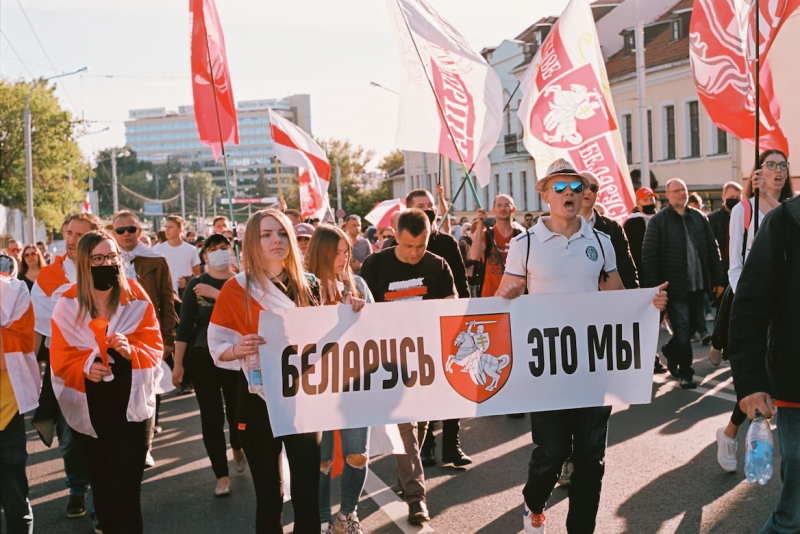
Photo by Andrew Keymaster on Unsplash 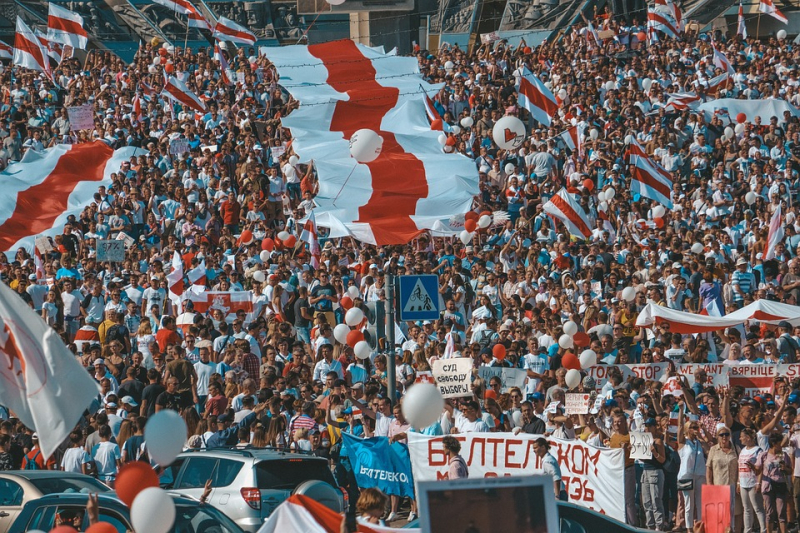
Photo by Juuud28 on Pixabay -
Belarus has been a close ally of Russia since the Soviet era, and the two countries share strong economic and military ties. However, Lukashenko has not always been completely aligned with Russia's interests and has tried to maintain some degree of independence in his foreign policy. This has caused tension with Moscow, especially since the 2020 election and the subsequent crackdown on opposition figures, which Russia largely supported.
In recent years, Lukashenko has sought to strengthen his ties with Russia, especially in the face of increased Western pressure over his human rights abuses and a crackdown on dissent. This has included closer cooperation on security and military matters, as well as closer economic ties.
However, the relationship remains complex, and Lukashenko has sought to balance his ties with Russia against the need to maintain some independence and autonomy. The ongoing crisis on the Belarus-Poland border has also caused tension with Moscow, as Russia has criticized Lukashenko's handling of the situation and has not been as supportive as he would like. Overall, Belarus's relationship with Russia is a key factor in the country's political and economic future, and will likely continue to be a major focus of attention in the coming years.
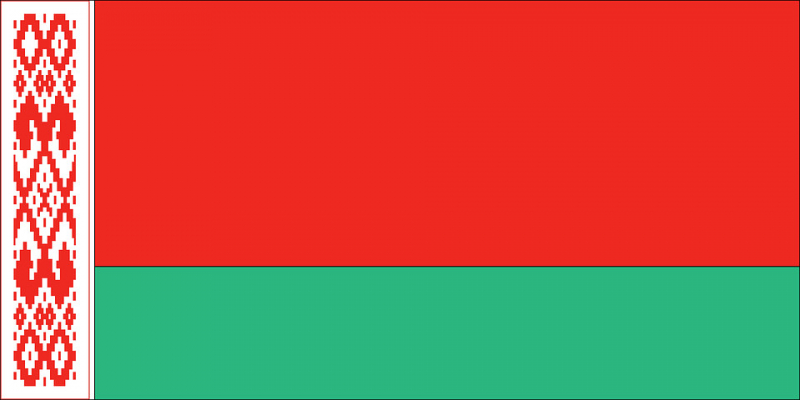
Photo by mayns82 on Pixabay 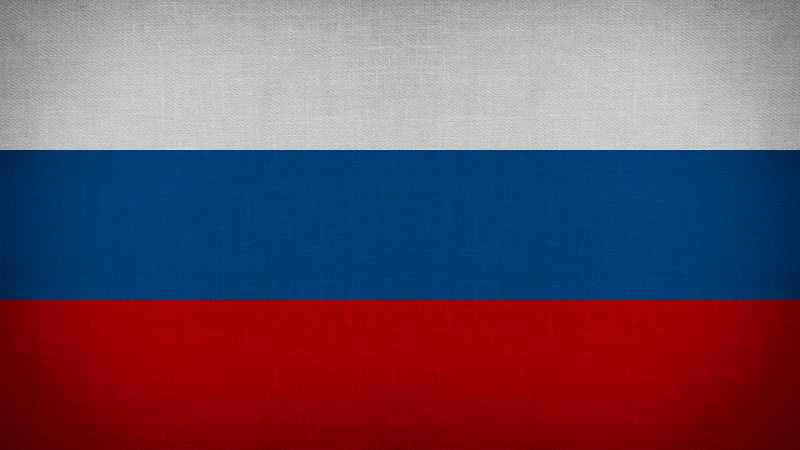
Photo by padrinan on Pixabay -
The EU and Belarus have had a complicated relationship for many years, with the EU imposing sanctions on Belarus in response to human rights violations and restrictions on political freedoms.
The tensions between Belarus and the EU have been further exacerbated in the aftermath of the 2020 presidential election, which many EU leaders and human rights organizations have condemned as rigged. Following the election, the EU did not recognize the results and imposed sanctions on Lukashenko and other high-ranking officials in his government.
In response, Belarus has cut off diplomatic ties with the EU, closed its borders, and expelled ambassadors from several EU countries. This has led to a diplomatic crisis between Belarus and the EU, with the EU imposing further sanctions and Lukashenko accusing the EU of interfering in Belarusian affairs.
The EU has also provided support for the Belarusian opposition and civil society groups, providing funding and other resources to help promote democracy and human rights in Belarus. This has further strained the relationship between Belarus and the EU.
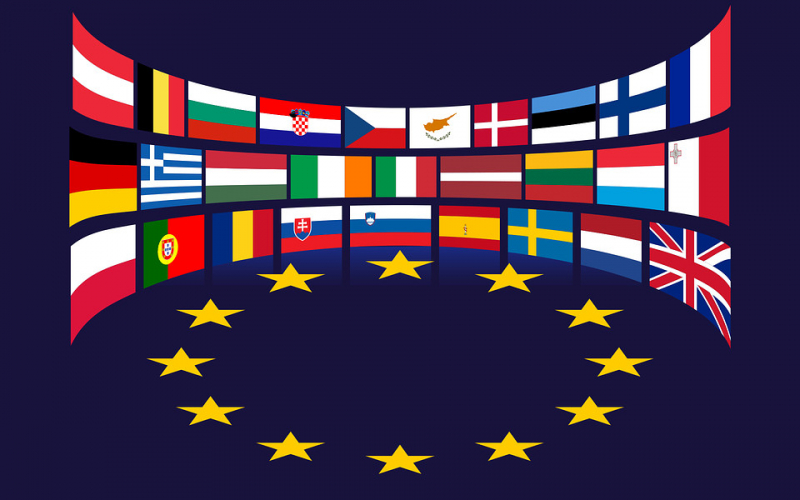
Photo by padrinan on Pixabay 
Photo by mayns82 on Pixabay







